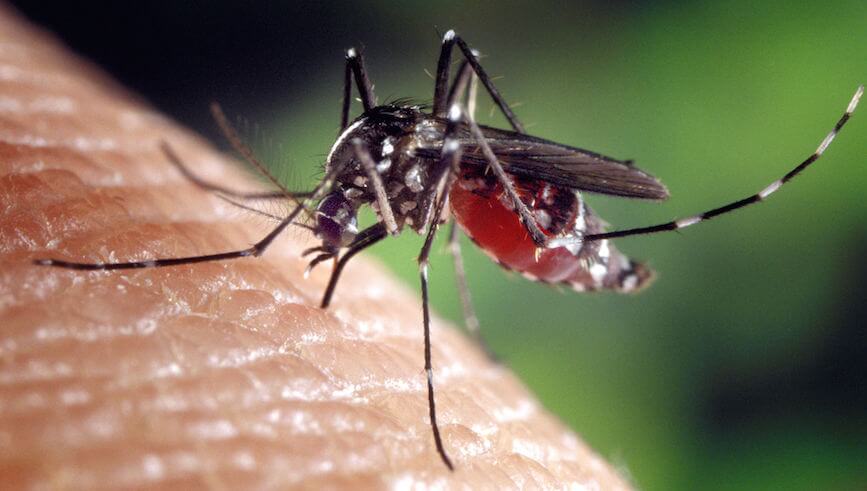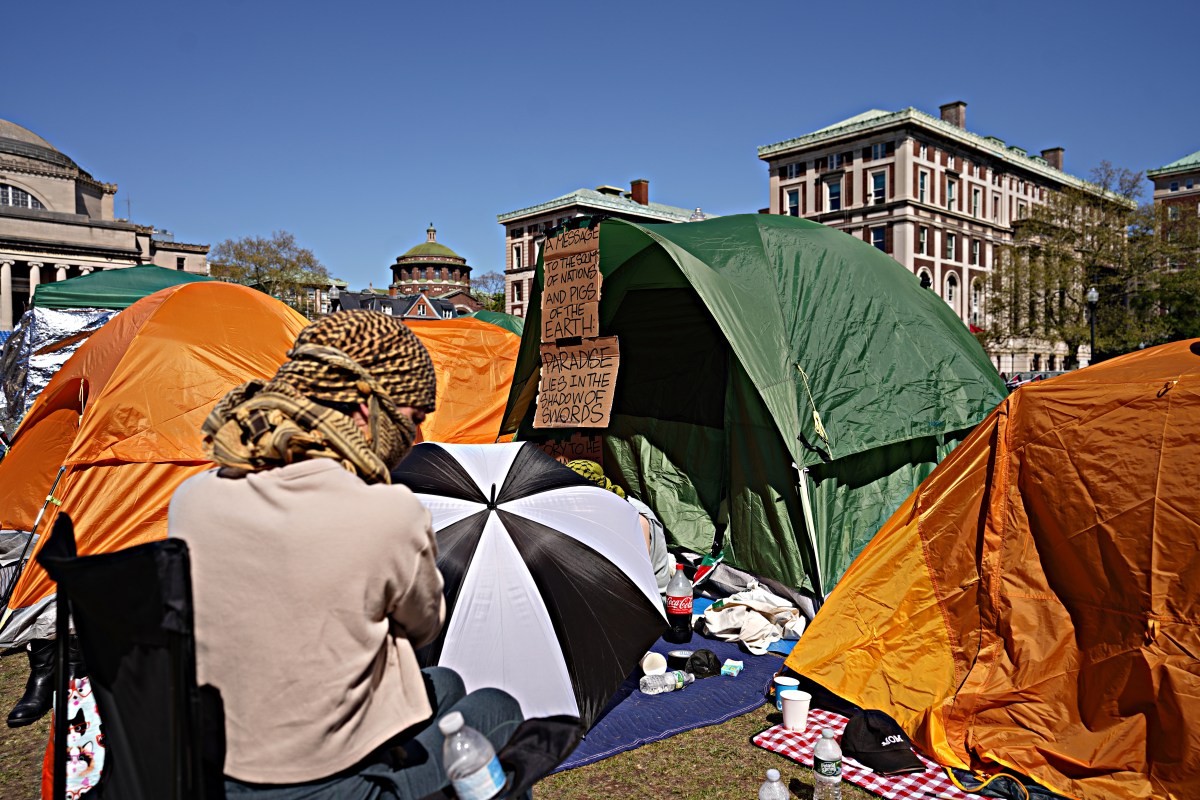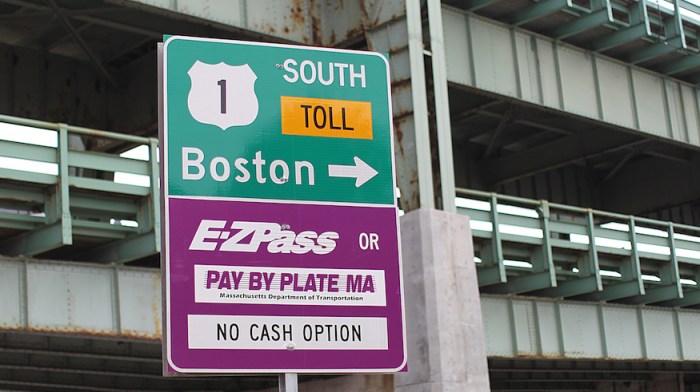Bostonians won’t be the only ones enjoying a bite during backyard barbecues this over Fourth of July weekend, according to a new study Boston is one of the buggiest cities in America.
With the warm weather, also comes mosquitoes, ticks, fleas, ants and other creepy, crawly and sometimes dangerous pests that can make heading outdoors a lot less fun.
In the Northeast, ticks are an especially big concern for many. Sixty percent of Americans in the Northeast are worried about ticks ruining their time outside this summer, compared to 48 percent in the Midwest, 35 percent in the South and 32 percent in the West, a recent survey conducted online by Harris Poll for Trugreen found.
Boston came in at No. 4 on Trugreen’s list of the 10 U.S. cities most bothered by bugs:
1. Hartford, CT
2. Columbus, OH
3. Detriot, MI
4. Boston, MA
5. Rochester, NY
6. Cincinatti, OH
7. Pittsburgh, PA
8. Providence, RI
9. Buffalo, NY
10. Chicago, IL
How to manage summer bugs
Besides ticks, the lawn care company found mosquitos are of major concern to many people.
John Bell, board-certified entomologist and TruGreen regional technical manager, said there are some things people can do to minimize pests.
“Nobody likes to be bothered by bugs, but they can be more than just annoying. Insects like ticks and mosquitoes can transmit diseases and cause allergic reactions in both people and pets,” Bell said.
He even offered a few tips on how to make your home less attractive to pests:
— Mosquitoes lay their eggs near water, so remove standing water that accumulates in things like buckets and birdbaths.
— Ticks love tall grasses and brush, so keep your grass cut.
— Invite animals who eat bugs to your yard to move in and feast by placing bat and birdhouses in your yard.
— Fleas thrive in moist places, so be careful not to over water your lawn and landscape.
— Take the necessary precautions recommended by the Centers for Disease Control and Prevention, and consider hiring a professional lawn care company to address your pest concerns.


















